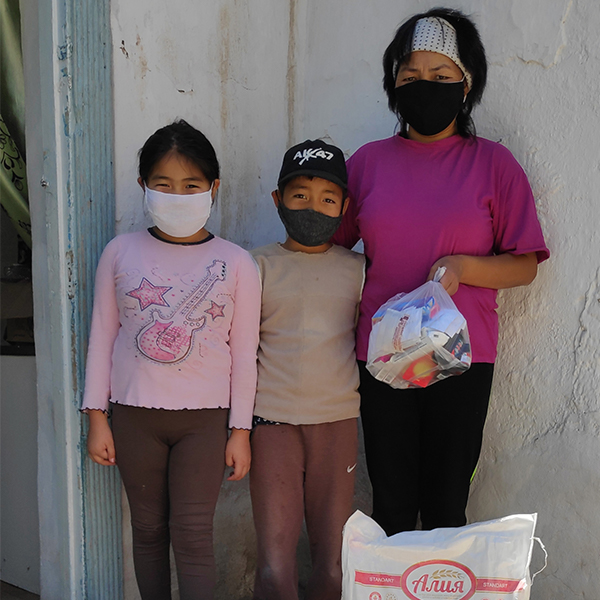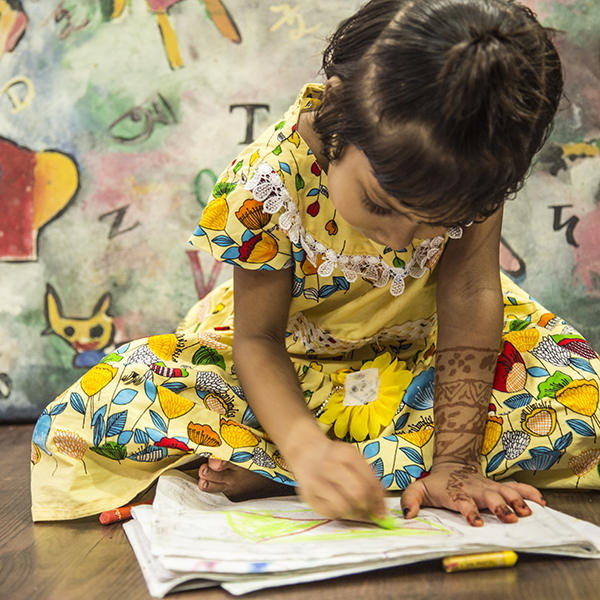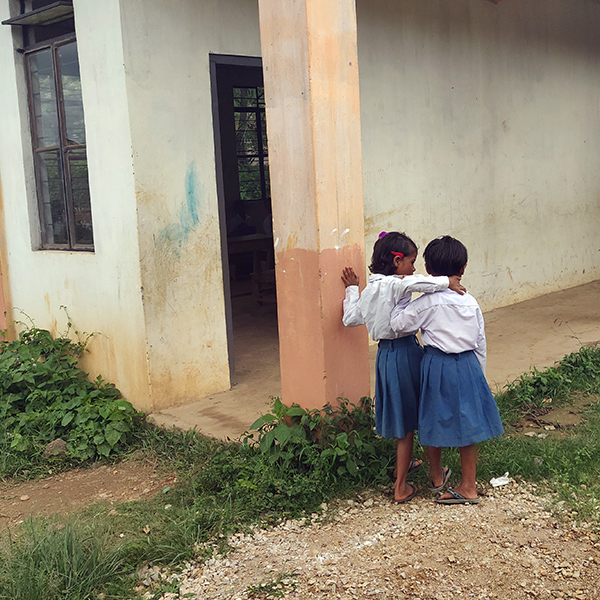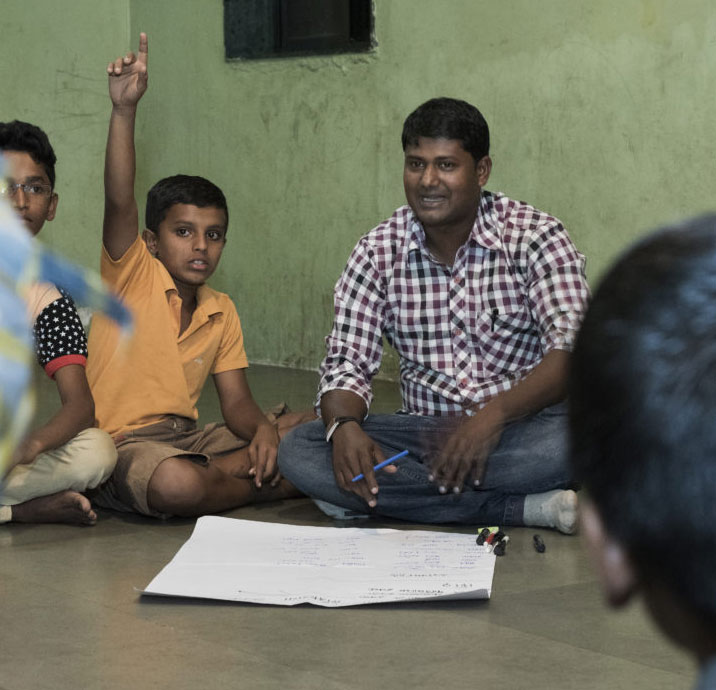With the help of Indigenous communities in Meghalaya, India, Faith Foundation is reconnecting with the linguistic and cultural fabric of this region. Together, they’re developing informative content on child rights in local languages and rebooting agricultural practices.
“Communities have the solutions to these problems. They can be the ones, if we work and facilitate these processes with them, who can develop a response,” said Shannon Massar, Executive Director of Faith Foundation.
Faith Foundation works with children, particularly girls and young women, in Meghalaya to create a safe environment in which they are aware of their rights and empowered to speak out against any violations. Meghalaya is tucked alongside the border with Bangladesh and is home to three Indigenous tribes with their own languages and customs. Although the region is known for its rich agriculture and matrilineal society, the coronavirus pandemic has altered the local way of life.
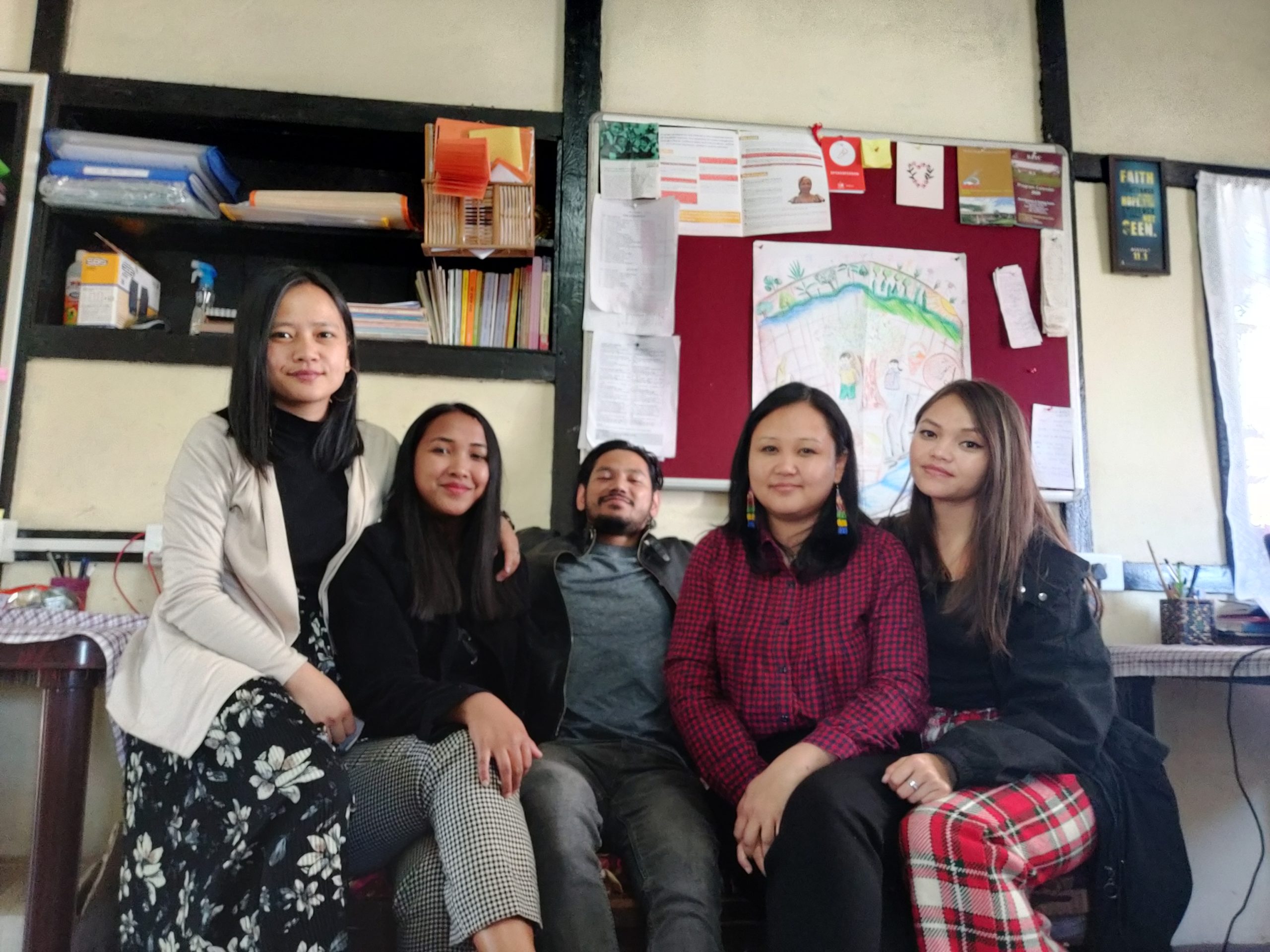
In March 2020, much like the rest of the world, India went into a nationwide lockdown in response to COVID-19. In Meghalaya, the lockdown restrictions halted the routines and livelihoods of many.
“80% of Meghalaya’s population practice agriculture. Since markets were closed, they couldn’t tend to their farms or sell their produce at the markets – it really affected their livelihood,” explained Shannon.
Although the government distributed food and medical kits nationwide, the majority of this region was left unattended because it is rural and hard to reach. In addition, many children and youth stopped all forms of education due to a lack of resources, such as internet and tech devices, needed to continue virtual learning.
The stay-at-home order also led to an unfortunate increase in domestic violence and child abuse. Faith Foundation has committed to preventing and stopping cases in the community, but the pandemic has halted visits and communication with many girls and women.
“It has been really challenging. Initially, we felt really insecure. We wondered how we can continue our work. How do we reach out to our children?” said Shannon.
However, Faith Foundation quickly began to diagnose the immediate problems exacerbated by the pandemic – and came up with solutions. The organization’s relief efforts included a collaboration with local leaders to identify families who lacked basic necessities, and then collectively package and distribute hygiene kits and reusable masks.
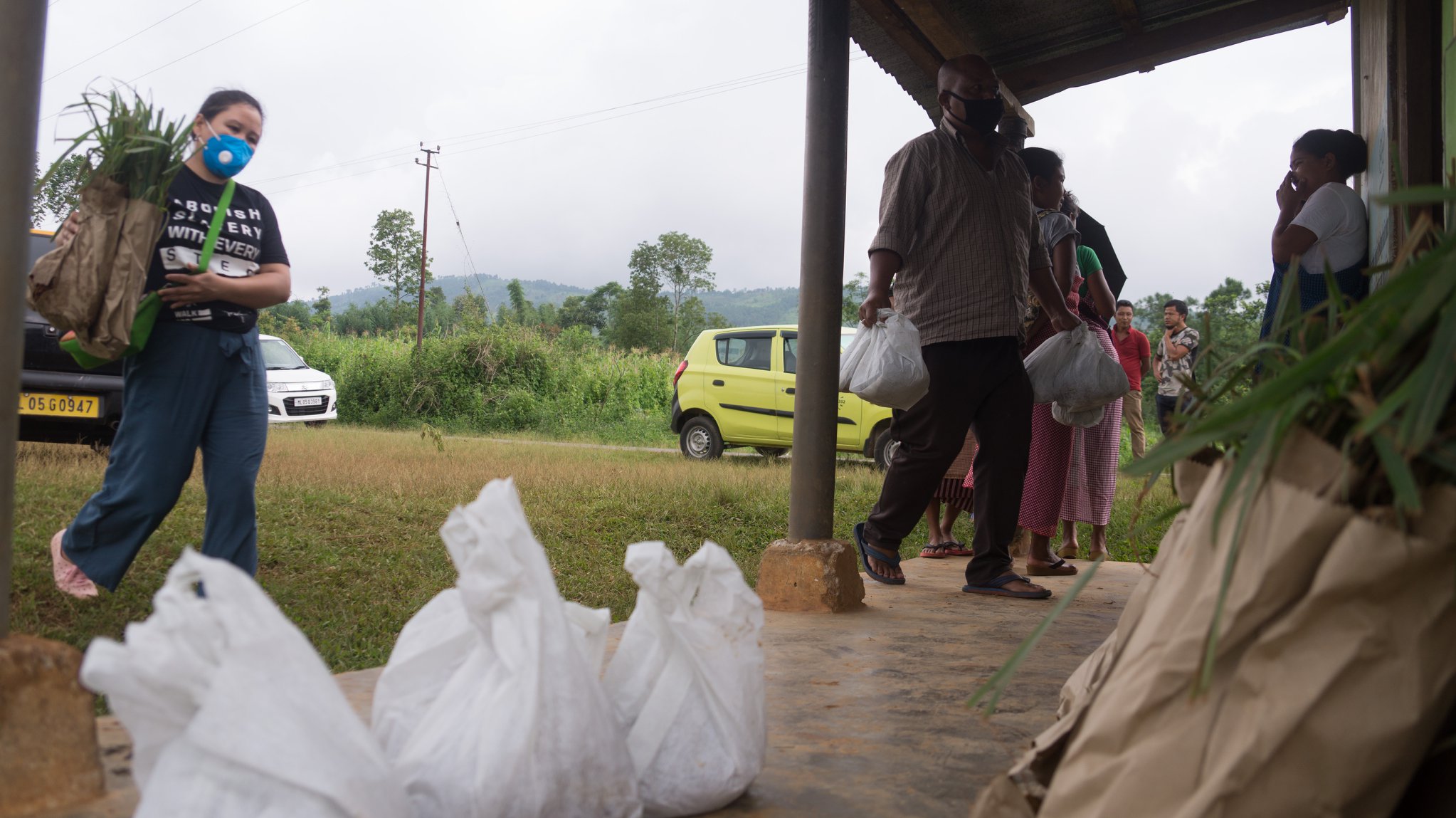
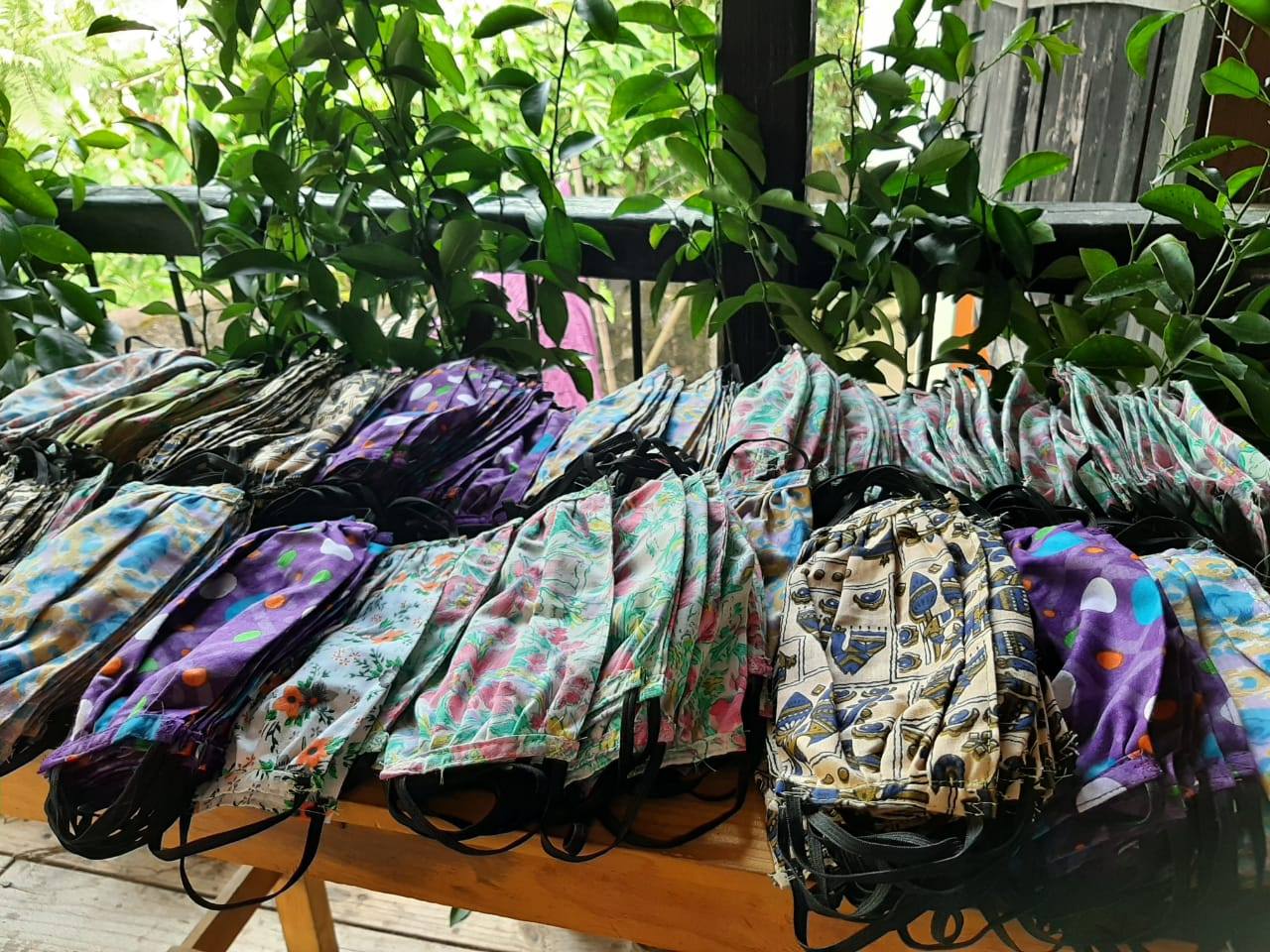
Faith Foundation also looked to local communities to help translate accurate information about child-related issues. During the pandemic, the organization began to see a rise in child abuse cases within the Meghalaya region. Since the organization couldn’t continue its approach in person, it developed flyers and online content to continue to educate communities about child abuse prevention and online safety. These resources did not previously exist.
To further its reach, Faith Foundation launched a radio program called “Our Children’s Future” that broadcasts every Saturday to even the most remote populations. All of these efforts are aimed at informing and protecting not only children and youth, but their families and friends as well.
“It has been a learning experience. We’ve developed new skills like writing and recording scripts and have become much more active online. We lacked visibility, but now people are approaching us about our work and resources,” said Shannon.
Most recently, Faith Foundation has been redefining agricultural practices by encouraging and introducing traditional food systems, food preservation, and at-home biodiversity gardens. Due to the uncertainty and regulations brought on by the pandemic, the organization connected with members of the community to learn which types of produce are in high demand, are climate resistant, and can bring additional income to their homes.
The organization also continued its “Project Mother Earth to Pot” workshop, which reviews agroecology and ecological farming systems, pickling for food preservation, and maximizing space to create biodiversity gardens while staying indoors. This specific project aims to eliminate the food shortage created by the pandemic, and it encourages communities to look at their traditional roots by growing native herbs and food that are high in nutritional value.
Faith Foundation is also keeping its work green and educational with socially distanced biodiversity walks led by the women leaders in the community. Shannon explained that the biodiversity walks were launched before the pandemic, but continuing them has been crucial. The women in these tribes are seen as “keepers of knowledge,” and these walks create room for conversation between generations while also providing an opportunity to pick wild herbs for consumption.
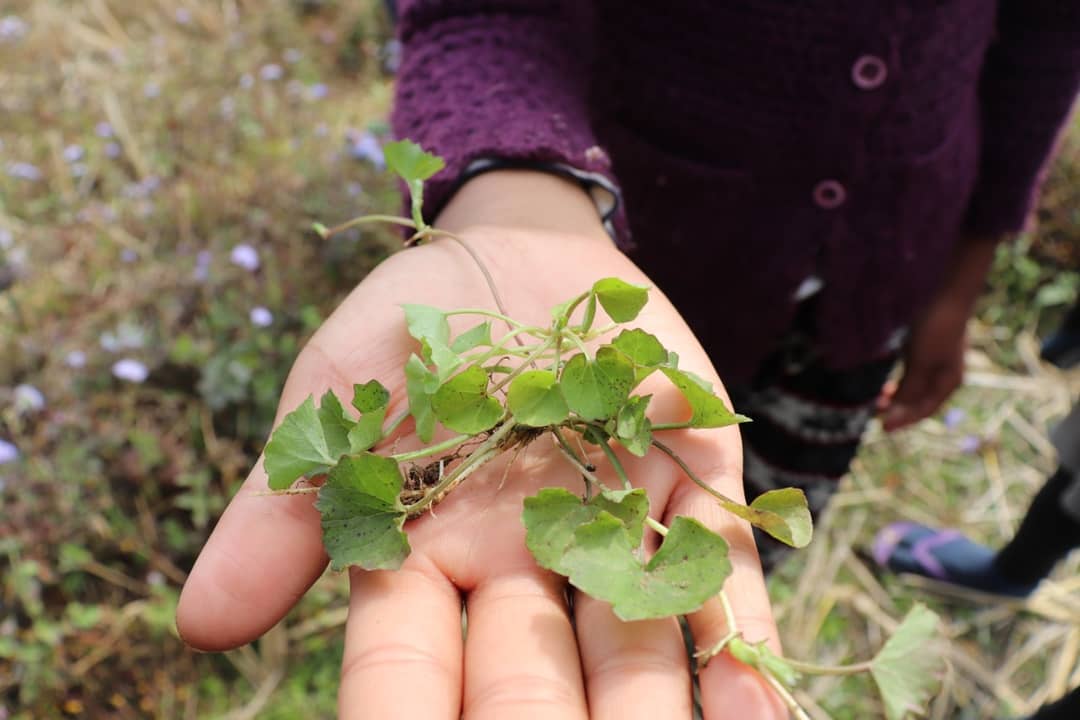
To improve the food security of the families and build the resilience of the community, Faith Foundation has also distributed seeds, millet, and fruit saplings.
“We felt it was important to share traditional seeds versus just food. We knew the food wouldn’t last, but the seeds could root and grow into something more sustainable,” said Shannon.
Faith Foundation is getting to the root of community needs. Alongside members of the community, the organization is restructuring its approach to better serve not only girls and young women, but the community as a whole.
Donate to support children affected by the coronavirus.
Header photo: Two palms holding herbs collected from a biodiversity walk. © Faith Foundation
